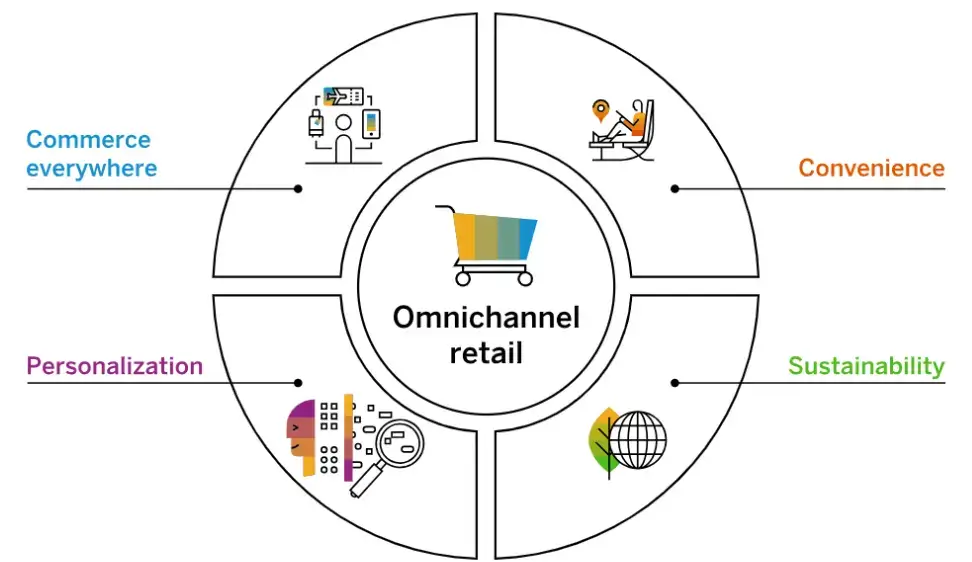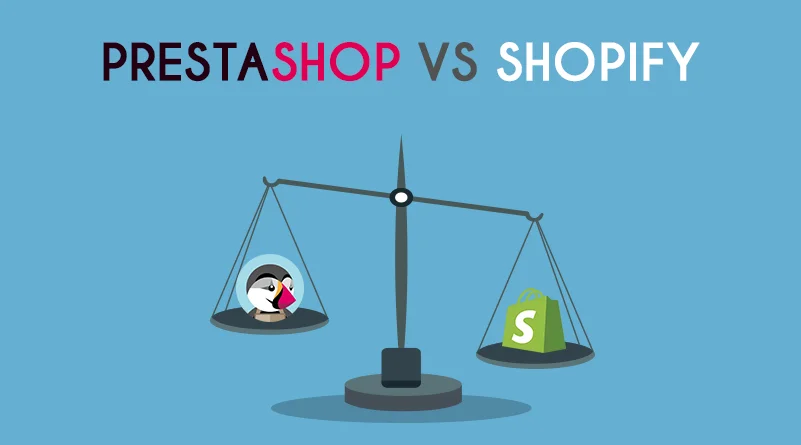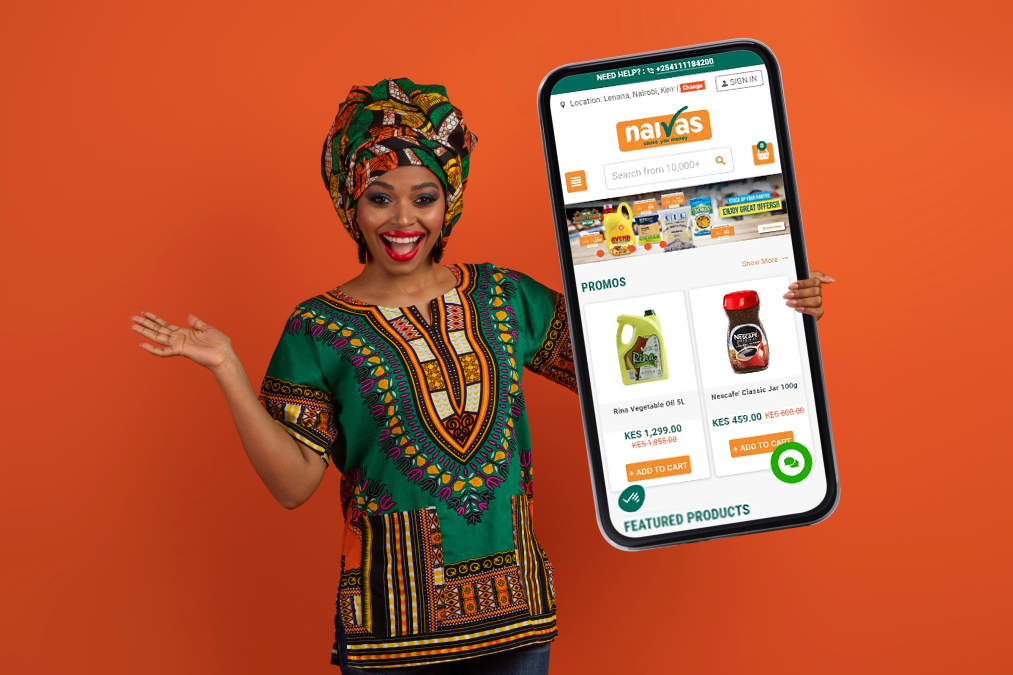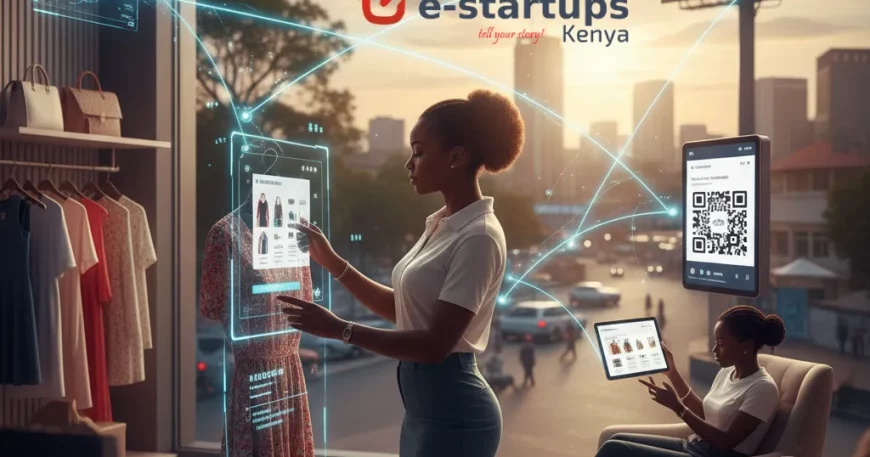Retail in Kenya is rapidly evolving. Customers no longer interact with brands through a single channel. They expect a seamless experience whether they are shopping online from a smartphone, browsing on a website, or visiting a physical store. This shift has made omnichannel retailing essential for businesses that want to stay competitive and retain loyal customers.
An omnichannel approach integrates all touchpoints so that shoppers can move effortlessly between platforms. For Kenyan retailers, this means combining POS systems, ecommerce websites, mobile apps, social commerce channels like WhatsApp and Instagram, and even in-store experiences. The goal is consistency, convenience, and personalized engagement.

Why Omnichannel Retail Matters in Kenya
Kenyan consumers are increasingly mobile-first. Many rely on smartphones for product discovery, price comparison, and purchasing. Research shows that customers often browse multiple channels before making a decision. A shopper might check a product online, visit a store to see it in person, and then complete the purchase via a mobile payment. Without a cohesive strategy, this journey can feel disjointed, leading to abandoned carts and lost sales.
Omnichannel retail also boosts customer loyalty. When shoppers recognize consistent pricing, branding, and service across channels, they trust the business more. This builds stronger relationships, encourages repeat purchases, and increases the lifetime value of customers.
Key Steps to Building an Omnichannel Experience
The first step is integrating all sales channels. Inventory, pricing, and product information must be consistent across online stores, mobile apps, social commerce platforms, and physical locations. This prevents situations where a product appears available online but is out of stock in-store.
Next is ensuring seamless payment options. Kenyan shoppers expect flexibility, including M-Pesa, Airtel Money, cards, and cross-border payments. Integrated systems ensure that transactions are smooth, reducing friction and increasing completed sales.
Personalization is another critical factor. By leveraging customer data, retailers can recommend products based on past purchases, browsing behavior, or preferences. AI powered tools, such as chatbots and recommendation engines, enhance engagement and guide customers through their journey.
Finally, analytics and feedback loops are essential. Understanding how customers move across channels allows businesses to refine experiences, predict trends, and identify pain points. This ensures continuous improvement in service and sales performance.

Real-World Benefits for Kenyan Retailers
Retailers adopting omnichannel strategies in Kenya are already seeing results. Supermarkets that synchronize stock and pricing across their website, app, and physical stores reduce customer frustration and increase sales. Fashion boutiques using Instagram shops alongside POS systems can offer personalized recommendations and seamless checkout experiences. Even small online businesses that integrate WhatsApp ordering with online catalogs provide a professional, reliable experience that builds trust.
How E-Startups Kenya Supports Omnichannel Retail
At E-Startups Kenya, we help businesses create cohesive omnichannel experiences. Our services include building integrated ecommerce platforms, connecting POS systems with mobile and social channels, and implementing inventory management systems that update in real time.
We also optimize product data, ensuring consistency across all platforms, and develop AI driven tools to personalize shopping. Our solutions support mobile payments, cross-border transactions, and secure digital operations. By partnering with us, Kenyan retailers can ensure their customers enjoy a smooth, reliable, and engaging shopping experience no matter where they interact with the brand.
FAQs
What is an omnichannel retail experience?
It’s a strategy that integrates all customer touchpoints, ensuring consistency across online, mobile, and physical channels.
Why is omnichannel important for Kenyan shoppers?
Customers use multiple platforms to browse and buy. A seamless experience builds trust, increases loyalty, and drives sales.
Can small businesses implement omnichannel strategies?
Yes. With the right tools and guidance, even small retailers can integrate online, mobile, and in-store experiences effectively.
How does E-Startups Kenya help with omnichannel retail?
We provide integrated ecommerce platforms, inventory management, AI personalization tools, and payment system integration tailored for Kenyan businesses.
Does omnichannel improve sales?
Yes. Consistent experiences, accurate stock, and personalized interactions lead to higher conversions and stronger customer loyalty.
Conclusion
The future of retail in Kenya is omnichannel. Shoppers expect seamless transitions between digital and physical platforms, and businesses that deliver will thrive. By integrating channels, optimizing product data, and leveraging AI and analytics, retailers can provide convenient, personalized, and trustworthy experiences.
Partner with E-Startups Kenya to build an omnichannel retail strategy that keeps your customers engaged, your operations efficient, and your business ahead in Kenya’s competitive market.




























